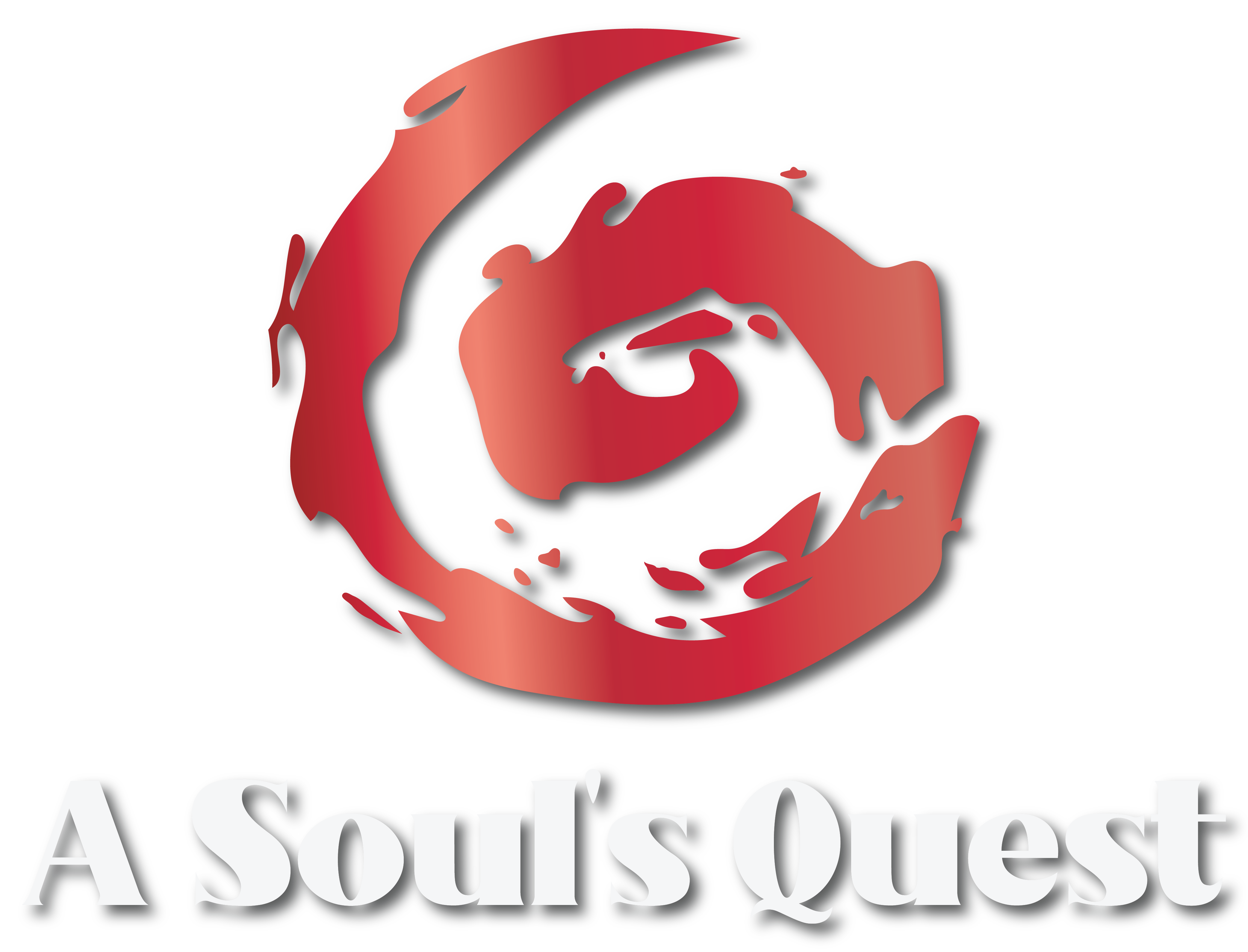Personality assessments have grown in popularity in recent years as organizations and people seek to better understand themselves and one another. These tests are employed for a range of activities, such as hiring selection, team building, career advancement, and personal development. So what exactly are personality tests, and how useful are they?
What is a personality assessment?
Psychologists, employers, and people themselves can all benefit from using personality tests to better understand a person’s distinct personality and traits. These tests are made to gauge a person’s temperament, behavioral tendencies, emotional intelligence, and other facets of personality.
The Myers-Briggs Type Indicator (MBTI), one of the most well-known personality tests, gauges a person’s preferences and tendencies based on four dichotomies: extraversion/introversion, sensing/intuition, thinking/feeling, and judging/perceiving. The MBTI is frequently employed in team building, career guidance, and personal development.
Another popular personality test is the Big Five Personality Traits assessment, which gauges a person’s personality across five dimensions—openness, conscientiousness, extraversion, agreeableness, and neuroticism. This assessment offers a thorough understanding of a person’s personality and is frequently utilized in research projects and recruiting decisions.
Another well-liked personality test is the DiSC assessment, which gauges a person’s personality along four dimensions: dominance, influence, stability, and conscientiousness. This assessment is frequently used to better understand people’s communication and leadership styles in business and management environments.
There are numerous ways to assess a person’s personality, including questionnaires, interviews, and assessments based on observation. It is crucial to select the appropriate assessment based on the intended purpose and environment because every assessment has particular strengths and shortcomings of its own. Even though personality tests can reveal important details about a person’s personality, it’s important to keep in mind that no test is perfect.
The benefits of personality assessments for the organization
Depending on the assessment being utilized and the goal for which it is being used, personality tests’ efficacy can vary. Yet studies have demonstrated that personality tests can be quite useful in a range of contexts.
The potential of personality assessments to assist people and organizations in better understanding one another is one of their main advantages. Personality tests can help people work more productively with others and enhance their interpersonal relationships by assessing a person’s strengths and shortcomings, as well as their behavioral inclinations and communication style. For instance, a team that has completed a personality evaluation may be better able to comprehend one another’s communication and working methods, resulting in more effective collaboration and superior results.
Personality assessments can also be used for career advancement and self-improvement. By examining a person’s personality traits and inclinations, these tests can help people better understand their strengths and shortcomings and suggest areas where they may need to improve. You may then use this information to make action plans, establish personal and professional goals, and track your development over time.
Using personality tests when making recruiting selections is another advantage. Organizations may choose candidates who are more likely to match the position and the corporate culture by evaluating applicants to determine the personality traits and behavioral patterns that are most essential for a particular role. The benefits are increased employee satisfaction, higher rates of staff retention, and better overall performance.
The benefits of personality assessments for the individual
Personality tests have many benefits that can have a substantial impact on a person’s life in a variety of ways.
The ability to become more self-aware is one of the key benefits of personality assessments. Through the exploration of personality traits, advantages, and disadvantages, these assessments can help people better understand who they are and how they behave. More self-aware people are better able to assess their personal and professional lives and develop strategies to improve areas of weakness and make the most of their strengths.
Career planning is another area where personality tests can be helpful. By examining their personality traits and interests, people can use personality assessments to explore career paths that are likely to be a good fit. This may enable people to choose their careers more wisely, which could lead to more job satisfaction and fulfillment.
Personality assessments may also be beneficial for relationships. By demonstrating how one’s personality traits interact with others, these assessments can help people strengthen their relationships with family, friends, and romantic partners, as well as their communication abilities. Personality test results may be used to help people better understand their communication style and how others may perceive it.
Stress management is another area where personality assessments might be beneficial. Depending on their personality traits, people identify situations or places that could be stressful or anxiety-provoking and then develop coping mechanisms to lessen stress and improve overall wellness. For instance, an introverted person may opt to limit their attendance at social events after learning that they get uneasy in large social groups.
One size doesn’t fit all.
Although personality tests have many benefits, it is important to remember that no one method fits all situations. Because different assessments could be better suited for different goals, choosing the right assessment for the task is essential.
For instance, some personality tests may be better suited for career guidance than others, which may be more lucrative for team building or leadership development. Selecting the right evaluation is crucial if you want to make sure that it provides accurate and useful information that can be used in a meaningful way.
Personality assessments should be used in conjunction with other tools and approaches, such as interviews and work samples, to make sure that hiring decisions are based on a comprehensive and accurate picture of the candidate.
Additional considerations include the assessment’s reliability and validity. It is essential to use assessments that have passed testing for validity and reliability to ensure that the results are accurate and reliable for decision-making.
Finally, it’s important to consider the ethical implications of employing personality assessment testing. Examples include using evaluations that are unrelated to the job or that unfairly discriminate against specific groups, which can lead to ethical and legal issues. It is essential to ensure that personality tests are applied in a fair, transparent, and moral way.
Using personality assessments can be beneficial, but it’s important to choose the best assessment for the job, combine tests with other tools and methods, consider the validity and reliability of the test, and consider the ethical implications of using personality tests. By following these guidelines, personality tests can provide meaningful data and help individuals make better decisions in a variety of situations.
To summarize, here are five strategies for effectively using personality assessments:
- Select the best assessment for the job: A variety of personality assessments are available to gauge various aspects of personality. It’s important to choose the right assessment for the objective you have in mind. For instance, the Myers-Briggs Type Indicator (MBTI) is often used for team building and personal improvement. In contrast, the Big Five Personality Traits assessment is frequently used for hiring and career development.
- Utilize assessments along with other tools: personality tests should be used in conjunction with other sources, such as conducting interviews and obtaining work examples, to gain a complete and accurate picture of the applicant. Using several options makes it possible to better understand a person’s advantages and disadvantages.
- Understand test limitations: personality tests can have limitations and are not always reliable. Be mindful of the limits of whatever evaluation you utilize before drawing conclusions from the data.
- Participants should be informed that personality assessments are a useful tool for both professional and personal growth. To maximize the benefits, it’s important to solicit participant feedback. This critique should be specific and useful, with a focus on the person’s areas for development.
- Integrate evaluations into a more thorough development plan. A more thorough development plan should take personality evaluations into account. Personality assessments may be used by an organization to identify areas where employees need training or development. By incorporating assessments into a bigger strategy, businesses may ensure that they are using them as efficiently as possible.
Personality assessments can be incredibly helpful tools for understanding oneself and others, establishing stronger interpersonal relationships, and selecting the right career path. By choosing the right assessment for the position and incorporating assessments into a bigger hiring and development plan, people and organizations may benefit from the many advantages of these priceless tools.

